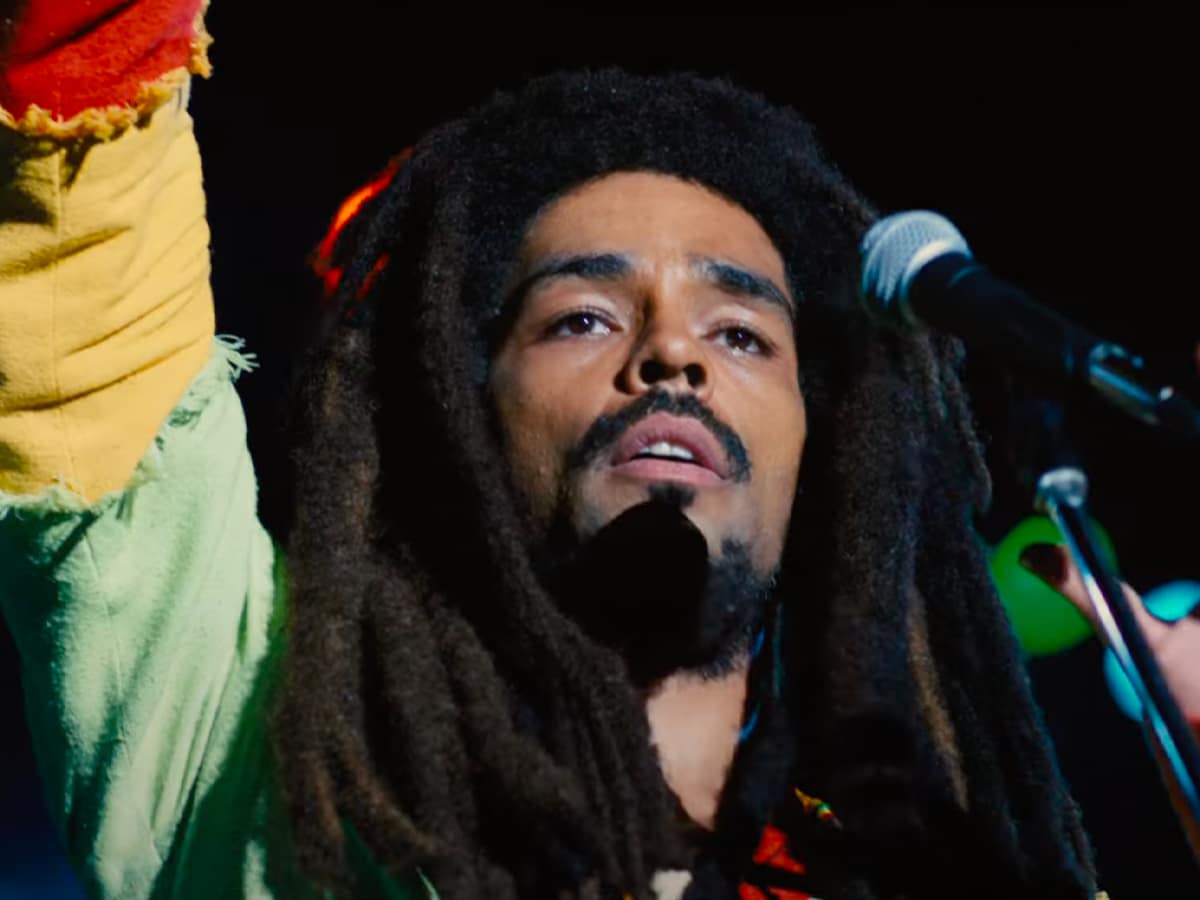Bob Marley, a name synonymous with unity, love, and the universal language of music, continues to inspire millions around the globe through his timeless message of "One Love." His unique blend of reggae rhythms, profound lyrics, and unwavering commitment to social justice have cemented his place as one of the most iconic musicians of all time. From the streets of Kingston, Jamaica, to international fame, Bob Marley's message transcends generations, offering hope and a reminder of the power of harmony in a divided world.
Marley's life was more than just music; it was a movement. With every note, he championed causes that resonated with the struggles of the oppressed. "One Love," one of his most celebrated songs, has become an anthem for peace and togetherness, embodying his vision of a unified humanity. Whether you're a lifelong fan or new to his legacy, Bob Marley's story is one of resilience, creativity, and a deep-rooted belief in the transformative power of love.
In this article, we will delve into the incredible life and impact of Bob Marley, exploring his biography, personal achievements, and the cultural significance of "One Love." From his early days in Jamaica to becoming a global icon, we'll cover the milestones that defined his journey. Along the way, you'll discover insights into his philosophy, personal life, and the enduring influence of his music. So, let’s celebrate the life and legacy of Bob Marley, a true legend whose message remains as relevant today as ever.
Table of Contents
- Biography and Early Life
- Personal Details
- The Rise of Reggae: Bob Marley's Contribution
- "One Love": The Song That Defined Unity
- Political and Social Activism
- Spirituality and Rastafarianism
- The Wailers: A Band That Made History
- Global Impact and Legacy
- Awards and Recognition
- Marley's Family and Heirs
- Cultural Significance of "One Love"
- Influence on Modern Music
- The Continuing Relevance of Bob Marley's Message
- Frequently Asked Questions
- Conclusion
Biography and Early Life
Bob Marley, born Robert Nesta Marley on February 6, 1945, in Nine Mile, Saint Ann Parish, Jamaica, is widely regarded as the king of reggae. His father, Norval Sinclair Marley, was a white Jamaican of English descent, while his mother, Cedella Booker, was a Black Jamaican. This mixed heritage shaped Marley's perspective on race and identity, themes that often emerged in his music. Raised in the rural Jamaican countryside, young Bob experienced both the beauty of his homeland and the challenges of poverty.
Marley's move to Kingston in his teenage years marked a turning point in his life. In the bustling streets of Trenchtown, he encountered the vibrant soundscapes that would inspire his musical journey. It was here that Marley formed his first band, The Wailers, alongside Bunny Wailer and Peter Tosh. Their unique fusion of ska, rocksteady, and reggae began to attract attention, setting the stage for Marley's rise to international fame.
| Attribute | Details |
|---|---|
| Full Name | Robert Nesta Marley |
| Date of Birth | February 6, 1945 |
| Place of Birth | Nine Mile, Saint Ann Parish, Jamaica |
| Nationality | Jamaican |
| Genres | Reggae, Ska, Rocksteady |
| Years Active | 1962–1981 |
| Famous Songs | "One Love," "No Woman, No Cry," "Redemption Song," "Buffalo Soldier" |
Personal Details
Despite his larger-than-life persona, Bob Marley was a deeply personal individual. Known for his humility and spirituality, he often credited his success to his faith in Rastafarianism, which profoundly influenced his worldview and music. Marley’s relationships, both personal and professional, were integral to his journey. He married Rita Anderson in 1966, and the couple had several children, many of whom have followed in their father's footsteps in the music industry.
Marley's disciplined lifestyle was reflected in his commitment to his craft. He was known to spend hours honing his music, often drawing inspiration from his surroundings, experiences, and the struggles of his community. His personal life, though not without controversies, showed a man deeply committed to his family, friends, and fans. Despite battling health challenges later in life, Marley remained dedicated to spreading his message of love and unity until his passing on May 11, 1981, at the age of 36.
The Rise of Reggae: Bob Marley's Contribution
The genre of reggae owes much of its global recognition to Bob Marley. Emerging in the late 1960s in Jamaica, reggae was a reflection of the island's social and political landscape. Marley, with his powerful lyrics and charismatic stage presence, became the face of this new musical movement. Songs like "Get Up, Stand Up" and "Exodus" exemplified the genre's themes of resistance, hope, and spiritual awakening.
Marley's ability to blend traditional Jamaican rhythms with universal messages made reggae accessible to audiences worldwide. His work with producers like Chris Blackwell of Island Records further amplified his reach, bringing reggae to mainstream audiences. Today, reggae is celebrated as a cultural heritage, and Marley's role in its propagation remains unparalleled.
"One Love": The Song That Defined Unity
More content to come...
Article Recommendations

